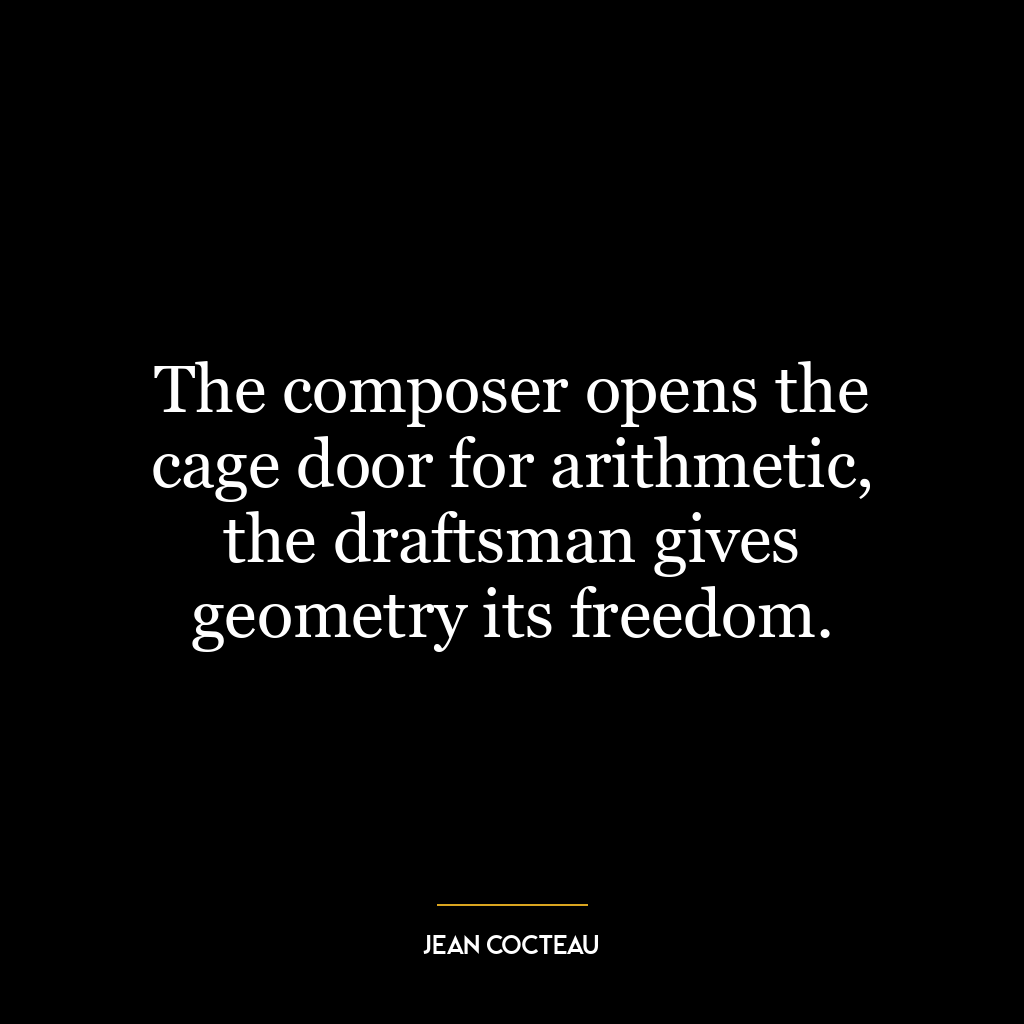Hardly a man will you find who could live with his door open” is a profound statement that speaks to the human need for privacy, security, and personal space. It suggests that most people, regardless of their culture or time period, have things they wish to keep to themselves, experiences they don’t want to share, and parts of their lives they want to keep separate from the public eye. The door in this context symbolizes the boundary between the private and public self, between the personal and the communal, and between the individual and the society.
The idea of living with an open door might seem liberating at first, suggesting a life without secrets or shame. However, it also implies vulnerability, exposure, and a lack of control over one’s personal life. It suggests a life without the comfort and safety that comes from being able to retreat into one’s personal space, free from the pressures and expectations of the outside world.
In today’s world, this quote could be applied to the concept of privacy in the digital age. With the rise of social media and the internet, our doors are more open than ever. Our lives, thoughts, and experiences are often shared with a broad audience, sometimes leading to a feeling of being constantly watched or judged. This quote reminds us of the value of privacy and the importance of setting boundaries in our personal and digital lives.
From a personal development perspective, this quote could be seen as a reminder of the need for self-reflection and introspection. By closing our doors, metaphorically speaking, we allow ourselves the opportunity to reflect on our experiences, emotions, and thoughts. This solitude can be essential for personal growth and self-understanding. It encourages us to take time for ourselves, away from the demands and distractions of the world, to focus on our personal development and well-being.
In essence, the quote encourages a balanced approach to life – one where we are open and connected with the world, but also have the ability to close our doors when necessary, to protect our privacy, and to focus on our inner selves.











